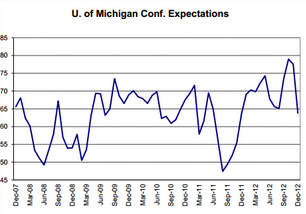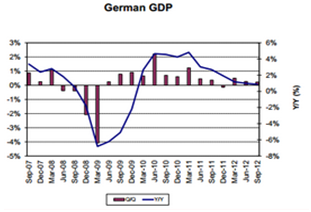Not that a stock market is ‘necessary’. And not to forget that a 30% corporate income tax, as in the US, is at least as good as owning 30% of all taxable enterprises. If govt, want’s a larger share of corporate profits, it can just hike the tax rather than buy the stock.
If govt cares about stock prices, the question has to be why. If it’s because lower stock prices cause people to spend and consume less out of fear, you’d think cutting taxes on people working for a living would be more attractive than the govt buying stocks? If it’s due to an attack on a fixed fx currency, like HK, I’d rather float the currency than buy stocks.
CSRCs Guo Says Intervention in Stock Market Necessary
January 22 (Bloomberg) — China Securities Regulatory Commission Chairman Guo Shuqing said at the national securities
and futures supervision meeting that its necessary to intervene in Chinas stock market at key moments, the official Xinhua
News Agency reports.
* Chinas stock market is not mature, Guo was cited as saying




